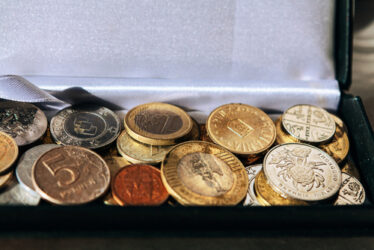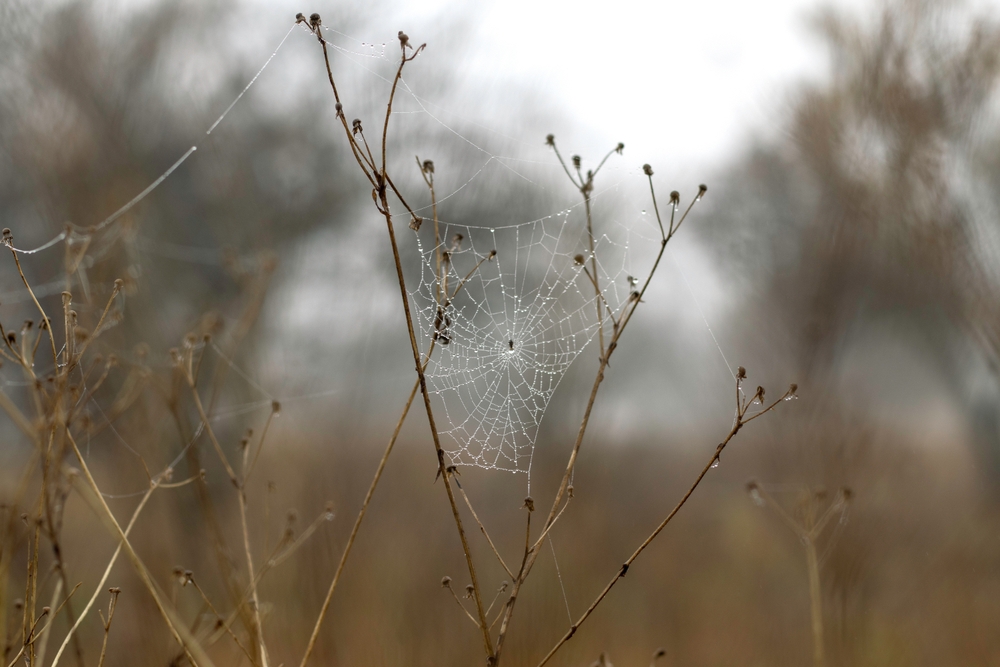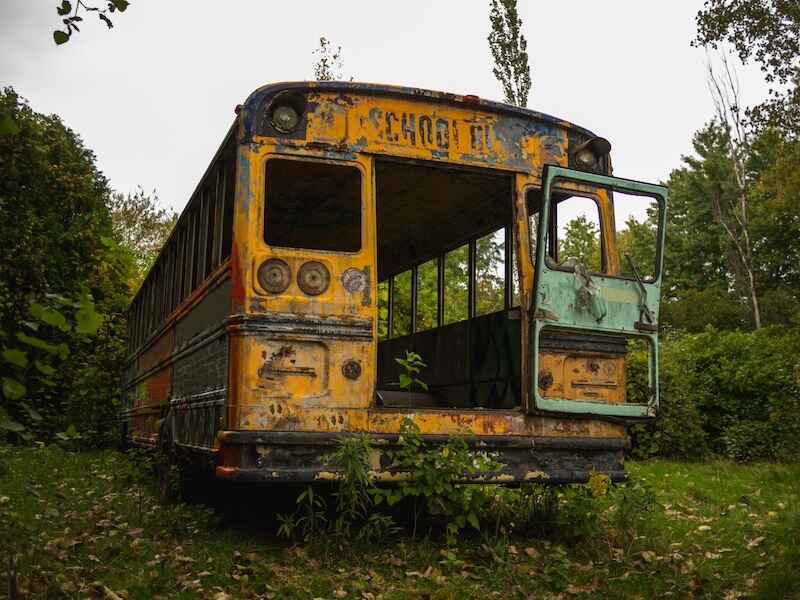What Real, Tangible Wealth Is Made Of
Joel Salatin|August 24, 2024

The advice of many fringe financial gurus today is to put our money into something tangible, something real.
“Don’t trust the banks,” they say.
“When the central bank digital currency comes, your cash won’t be worth spit.”
The stock market will crash… the government will confiscate retirement accounts. Scary stuff.
And while many readers may immediately think of gold… land… and collectibles… as those must-have tangible assets…
I have an alternative.
I’m well into retirement age. I don’t plan to retire.
As long as I can shuffle out the door, I can plant beets in my 30-inch high raised bed gardens. I began installing them – replacing our old 12-inch raised beds – last year and am well on my way to converting the entire garden to a no-bend, wheelchair accessible system.
Already, it’s a game changer for ergonomics and efficiency.
My wife, Teresa, and I often muse about what we would spend our money on or invest in if we didn’t have a farm. A farm provides all sorts of ways to soak up cash.
To be sure, unlike most farmers who put their extra cash into pretty fences, recreational horses, and John Deere gators, we put our money in ponds, people, and patrons.
Investing differently doesn’t make it harder to spend money, though.
If things collapse, we’ll be about as insulated as anyone can be. We have a sizable solar array, hundreds of jars of our canned veggies and fruit in the basement, a solar-powered well, 12 miles of buried water lines gravity-pressured from high elevation excavated ponds, a sawmill, and lots of food production expertise.
We’re not totally self-sufficient, but we can get along for quite some time. (Oh, and we have lots of guns and ammunition, too.)
But what if we lived in a city? What would we do with our money? Further, what would we do to invest in reality, in tangible things rather than banks and stocks?
This made me think about what real wealth is. I’m more convinced than ever that actual, non-tangible equity is far down the priority list.
Companies come and go. Politicians come and go.
With no judgment or prejudice, therefore, let me take how we view wealth on the farm and use it as a model for nonfarmers.
1. Health
What could possibly be a more tangible, valuable possession than good health? For sure, wealth does not buy health. The fourth-generation Tyson is apparently an alcoholic and jeopardizing his whole inheritance and future because he can’t control the bottle. How sad.
For the most part, we can change our health trajectory with a few things…
Eliminate processed food. As much as you can, get your food from a farmer who doesn’t use chemical fertilizers, pesticides, or herbicides. Clean eating is a first step. Yes, that means minimizing any supermarket purchases.
Forgive. You can’t make people love you. You can’t make people see things your way. Perceptions are what they are. Let it be. Walk away.
Our bodies go berserk with vengeance, get-evenness, and retribution. Much better to get away than to get even. And yes, that means sometimes adjusting the time we spend with family and difficult people.
Resentment and vengeance only eat at our insides.
Exercise. Most wellness gurus agree that sweat is the best detox and functional medicine for the body. Get moving.
Have purpose. What’s your legacy? Now go pursue it. Make yourself wanted and needed. Leave a hole in the universe when you depart this life. People without purpose are the poorest of all… people hyped on purpose are rich.
2. Relationships
I had a religious great aunt who constantly prayed for “all those poor rich people with all their problems.”
You don’t have to read far into the biographies of the wealthy and famous to realize those elements do not bring peace and happiness. Look at the upside down trajectory of folks who win the lottery.
Develop a handful of good relationships. If your life crashed right now, who would you call? Is there somebody in your life who would come, without any judgment, and minister to your needs?
We should all have one or two of these folks. That’s real wealth. How do we cultivate these kinds of relationships?
Simply put, we receive when we give. The principle of sowing and reaping is real. If we sow selflessness, we reap selflessness. If we sow selfishness, we reap selfishness.
Of all the things you’re investing in, where do relationships fit? No. 5? No. 6?
3. Skill
Few things are more valuable than being able to do things. Knowing how to garden, build things, fix engines, install drywall, do electrical work, deal with plumbing, and weld – essentially all of Mike Rowe’s “Dirty Jobs.” These will never go out of style or need.
Investing in some vocational courses, putting in a workshop, buying useful tools… all these represent practical, tangible equity.
One of our apprentices was trying to do a brake job on his car using YouTube videos. I found him at the shop, completely frustrated. He was unable to complete one of the steps, which was to knock a rivet out with a hammer. He’d been pecking away at it for an hour, and it wouldn’t budge. I took the hammer and whacked it. It popped right out.
My master mechanic neighbor had taught me many years before, when I was the young one, “Boy, if you’re going to swing a hammer, swing it like you mean it.”
Nothing beats skill coupled with experience. Get some hobbies. Shut off the TV and go do things. Build some wooden toys for your grandkids.
Develop some skills. Learn to can veggies, butcher chickens, and dehydrate eggs. As you learn these skills, you build your own stash of grub for if the power goes out or the mob takes over. That’s a great two-fer.
What’s worth more than money? Health, relationships, and skill. These can’t be foreclosed. Nobody can put a lien on them.
Go get ‘em.

Joel Salatin
Joel Salatin calls himself a Christian libertarian environmentalist capitalist lunatic farmer. Others who like him call him the most famous farmer in the world, the high priest of the pasture, and the most eclectic thinker from Virginia since Thomas Jefferson. Those who don’t like him call him a bioterrorist, Typhoid Mary, a charlatan, and a starvation advocate. With a room full of debate trophies from high school and college days, 12 published books, and a thriving multigenerational family farm, he draws on a lifetime of food, farming and fantasy to entertain and inspire audiences around the world.



